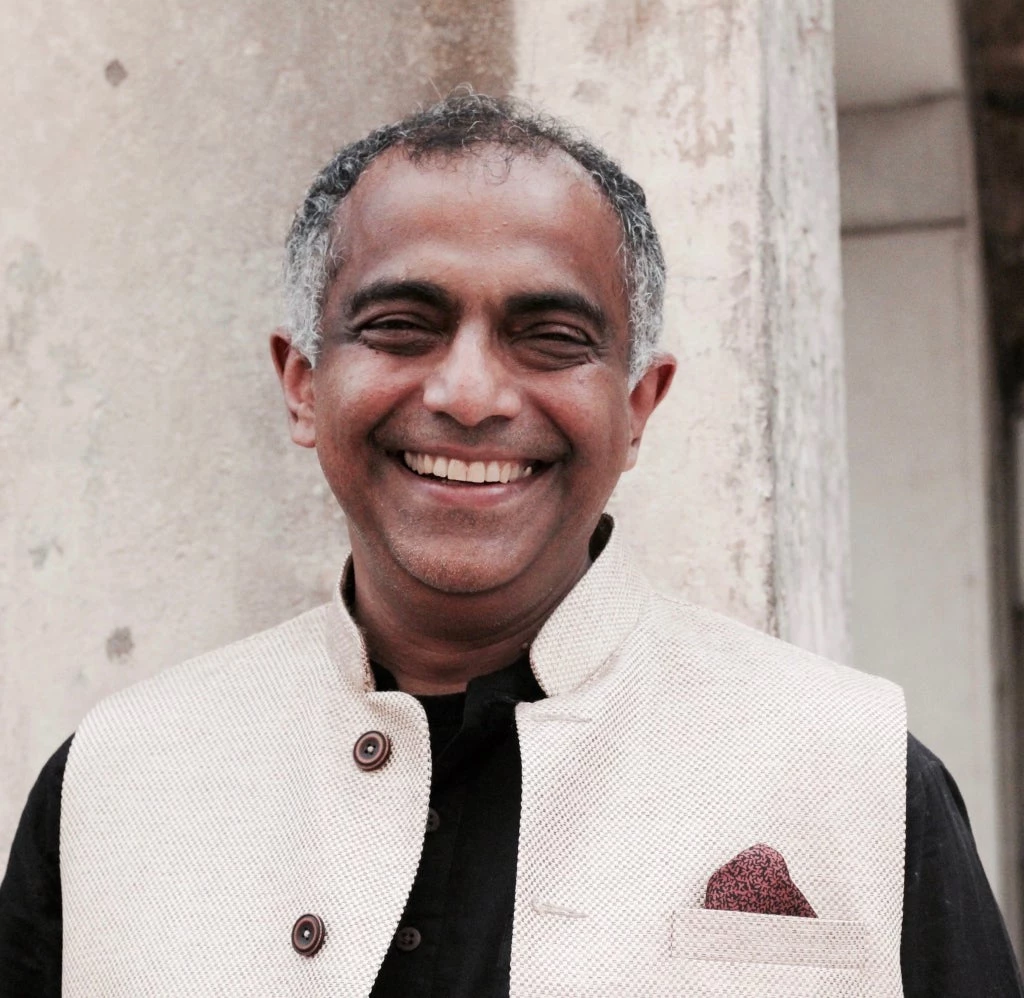 Brazilian elections in the city of Rio de Janeiro. Photo by: CP DC Press
Brazilian elections in the city of Rio de Janeiro. Photo by: CP DC Press
What key insights have emerged from development economics in the past decade, and how should they impact the work of the World Bank? A new working paper Toward Successful Development Policies: Insights from Research in Development Economics from the Bank’s research department captures 13 of the most significant insights in the world of development economics.
Here’s insight #6 on the key roles of citizen accountability and the legitimacy of political decision-making processes in determining which policies are selected and how they are implemented. See all previous insights here: Thirteen insights for successful development policies
Politics shape development outcomes. The World Bank, in recent World Development and Policy Research Reports,ref1,ref2 encourages all development actors to focus on the political incentives of those in positions of power, which often conflict with providing public goods and upholding civic norms. Analytical approaches such as ‘Thinking and Working Politically’ref3 offer practical tools for assessing how different forms and sources of power influence institutional structures and shape whose voices, interests, priorities and aspirations prevail.
Taking the politics of development seriously also means taking accountability mechanisms and the legitimacy of decision-making processes seriously. Politics is not just something that transpires in the proverbial ‘corridors of power’ in courts, parliaments and board rooms, but in everyday social interactions. This helps to understand how local elites are simultaneously enabled and constrained in their leadership roles, how policy problems and their corresponding solutions are selected, and how success or failure is determined.
Accountability: Citizens and Communities Matter
There is an increasing realization that better development outcomes are delivered within institutional systems where citizens and communities matter. Accountability is not just “upward” (i.e., where bureaucrats are largely concerned about what their superiors think) but also “downward” (i.e., where elected officials and government agents are held accountable by citizens for the delivery of public services).ref4 Elections are one mechanism of accountability, but they are not enough because they are held infrequently and can be captured by elites. Elections need to be complemented by citizen bodies – institutions for collective and deliberative decision-making where the voices of citizens can be heard and where they are able to monitor the performance of governments.
This is particularly true for decisions made at the local level: in neighborhoods, villages and cities, where policy actions have a direct bearing on people’s lives. Building participatory institutions is complex and requires a different approach to development – one that is more long-term, sensitive to unpredictable changes, and adaptable via systematic learning-by-doing. Building effective community and citizen-based cultures of governance can, over the long term, help societies more effectively address problems of public service delivery, poverty, inequality, risk, and the challenges of a changing climate in ways that are perceived as legitimate, thereby reflecting local priorities and aspirations.ref5
An important example of this is participatory budgeting, where citizens jointly work with local officials to formulate budget priorities.ref6 Evidence from Brazil shows that with participatory budgeting decisions tend to be better matched with citizen preferences and result in allocations that are more pro-poor.ref7 Another is the Gram Panchayat system in India, which covers two million villages across the country and combines regular elections for local elected officials with Gram Sabhas – citizen forums held four times a year, which are tasked with allocating resources for public goods and vetting lists of people eligible for public benefits. A recent review of evidence shows that holding a Gram Sabha was correlated with lower corruption, that views expressed in them were broadly representative, and that it made citizen participation more equitable.ref8
Legitimacy of Decision-Making Processes
How difficult and contentious social outcomes (such as elections, judicial rulings, or even the extent of inequality) are reached has enormous bearing on their legitimacy and the extent to which they are accepted, especially by those who would have strongly preferred a different outcome.ref9 Political parties that lose close elections can accept this outcome if they believe that votes were cast and tallied impartially; citizens tolerate higher levels of inequality to the extent the wealthy are perceived as having gained their riches by diligence, innovation and prudence (not theft, deception or corruption). Process legitimacy issues are underappreciated by development agencies and economics generally – but their importance is steadily gaining traction.
Process legitimacy matters for the World Bank, because how it promotes difficult change as part of a development strategy will play a large role in shaping its legitimacy and thus the willingness of citizens to embrace the accompanying uncertain social challenges. This matters in areas such as building the rule of law, modernizing the public sector, diversifying employment, improving regulation, and developing tax capacity. Securing and sustaining legitimacy is likely to be deeply context-specific, varying considerably between and within countries. Even professional ‘best practices’ (fiscal rules, meritocratic hiring) and scientifically verified ‘solutions’ (immunizations, fertilizers) must earn local legitimacy and credibility before they will be embraced, at scale. Creating public spaces within which such practices and solutions can be identified, adapted to the local context, and/or be improved is a key way in which legitimacy is acquired.
Finally, earning legitimacy requires methodologies suited to those who are most affected by a given intervention. People who are illiterate and/or innumerate, for example, are unlikely to convey their needs, experiences, concerns and aspirations regarding a particular development initiative using the formal discourse, administrative categories and empirical metrics familiar to researchers and project managers. Securing legitimacy requires the analytical foundations of pro-poor projects to make sense to those whose lives and livelihoods will be most affected by them. Such projects are most likely to emerge from analytical foundations that integrate formal statistical data with qualitative approaches grounded in the distinctive realities of local communities. In work in India with its $5 billion portfolio of women’s self-help group projects, such an approach resulted in more gender-equal participation, better project implementation, better access to credit and improved climate resilience.ref10,ref11



Join the Conversation